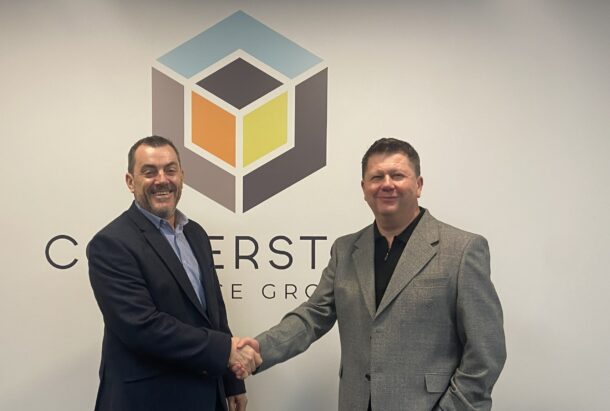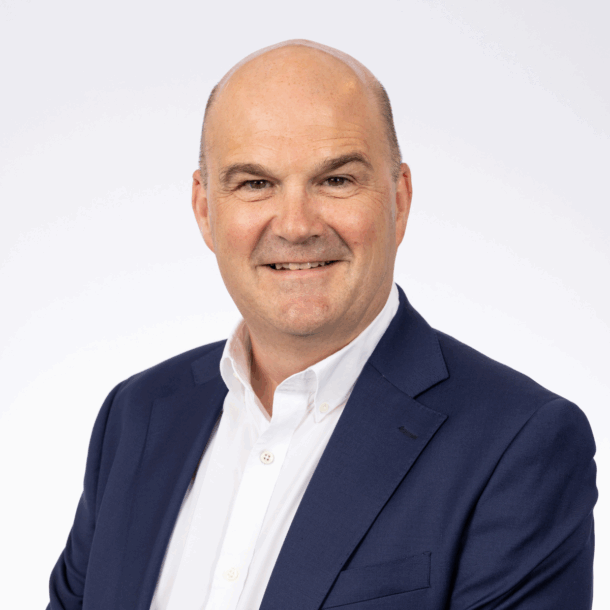By Phil Emanuel, Director of Growth at Cornerstone Network
Protection Is Core to Client Security, Not an Optional Extra
Mortgage advisers all understand the importance of securing a home for their clients. But helping them hold onto it – and everything else they’ve worked for – can sometimes be overlooked. Personal protection, whether it’s life cover, critical illness or income protection, is a vital part of the bigger picture. And in my view, it’s a part of the business that deserves far more attention than it’s had in recent years.
Consumer Duty Raises the Bar for Advice Quality
We’re all aware of the protection gap that persists in the UK. That’s not a new issue. But the introduction of Consumer Duty has helped sharpen the focus again, giving advisers a clear signal: protection is not optional. It’s now expected.
For those already doing this well, Consumer Duty has been a gift, as it gives you a framework to offer a more holistic service and to build better, more sustainable businesses. But for others, it’s a wake-up call. Not offering protection, or failing to document advice properly, leaves clients exposed and advisers vulnerable to future complaints or worse.
Advisers Must Move Beyond a Transactional Mindset
That’s why the job now is to move beyond a transactional mindset. We need our mortgage advisers to stop thinking of themselves as brokers who write one mortgage and move on. Instead, they are trusted, regular points of contact who help clients protect themselves and their families as their lives evolve.
Start With Better Conversations and Stronger Documentation
That starts with better conversations. Too often, the fact-finding process becomes a tick-box exercise. But if we’re not really getting to know the client – what’s changed in the last six months, what might change in the year ahead – we’re not doing the job properly. And if a complaint does arise down the line, it’s that lack of detail, or the absence of documented discussions, that puts advisers at risk.
Help Clients Make Informed Decisions About Cover
The consequences aren’t just regulatory, although those can be significant. There’s also a very human impact. I’ve spoken to advisers who’ve had to face the realisation that they didn’t do enough to help a client protect their family – and that’s something that stays with you. That’s why it’s crucial that when a client declines cover, they do so knowingly. It needs to be their decision, clearly documented. Not ours.
Be Honest About Affordability and Follow Up
There’s also a risk of being unrealistic. Some clients won’t be able to afford all the cover they need right away. That’s OK – what matters is that we’re honest about the shortfall, set a plan in motion, and follow up. Maybe it’s a smaller policy now, with a follow-up call in six months. Maybe it’s a case of revisiting protection once the family’s moved house or changed jobs. What we mustn’t do is walk away because the initial policy feels too small. Every bit of cover helps build long-term resilience for the client and long-term value for the adviser’s business.
Support Is Available – So Don’t Ignore Protection
Of course, not everyone feels confident offering protection advice. Some advisers might be working alone and feel overwhelmed, or they simply don’t think it’s their area of expertise. That’s where support structures matter. At Cornerstone, we offer regular training, including CPD-accredited sessions and tailored input from business development managers at protection providers. We also offer referral options – so if you’re not comfortable writing the case yourself, you can pass it on to someone who is. But what you can’t do is ignore it altogether.
Build Value Through Ongoing Client Engagement
Referring a case isn’t failure – it’s part of meeting your obligations. And whether you choose to write protection business yourself or refer it, keeping it documented is essential. A clear fact-find, a note of the discussion, and a record of the client’s decisions all help ensure that you’ve done your job properly.
Looking ahead, I think the most successful advisers will be the ones who commit to ongoing engagement. Speaking to clients once a year isn’t enough – not if we want to offer real value. These don’t all have to be sales calls. But the more often you check in, the more trust you build, and the easier it becomes to talk about protection, gather accurate information, and put plans in place that grow with your client’s needs.
Protection Advice Strengthens Clients and Advisers Alike
Protection isn’t a sideline. It’s an integral part of good advice. It provides security for the client and peace of mind for the adviser. And with the right support, training and mindset, every adviser can build a protection proposition that works for their clients and strengthens their own business too.

Cornerstone Podcast Series
Phil Emanuel talks about this and more in the Cornerstone Finance Group podcast episode: Personal Protection in Mortgage Advice.






